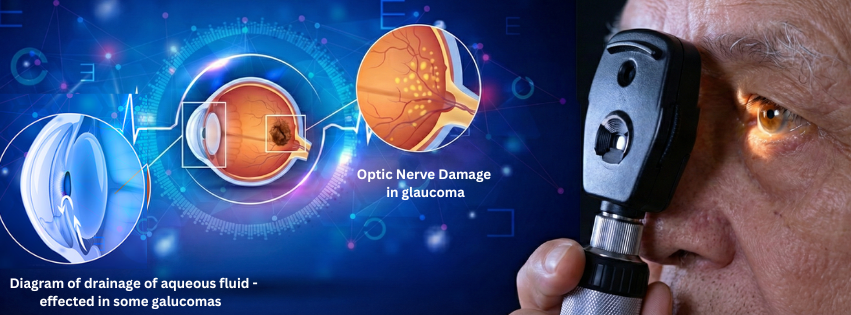
Close

Glaucoma is a serious life changing disease that can threaten your vision and impact your daily life. It is one of the leading cause of blindness and if it goes undetected, it can cause permanent damage to your eyes.
Some people may have medical conditions and hereditary traits that can increase the chances of having glaucoma, this is a disease that can strike anybody so it’s important to get your eyes checked at least once a year and if you’re over the age of 40 then twice.
In recent years there have been advances in glaucoma detection, which means it can be treated earlier than ever and 95% of people who have glaucoma do not go blind.

Yes. There’s a kind called normal-tension glaucoma where optic nerve damage happens even though the intraocular pressure (IOP) falls within what’s considered a normal range. Monitoring must still be careful, because damage can progress silently.
Treatment aims to stop or slow further damage, since lost vision cannot generally be recovered.
Treatment options include eye-drops, oral medicines, various laser treatments, or surgery, depending on the type and severity.
Even if you’ve had laser or surgery, continued follow-up is essential. Sometimes additional medication or procedures are needed.